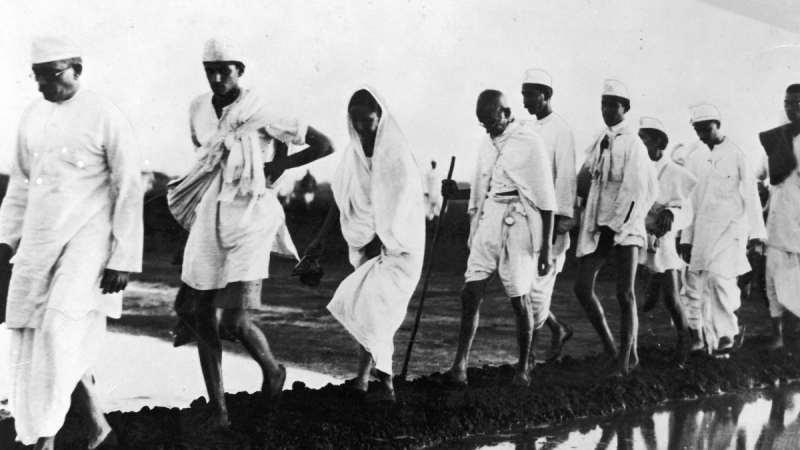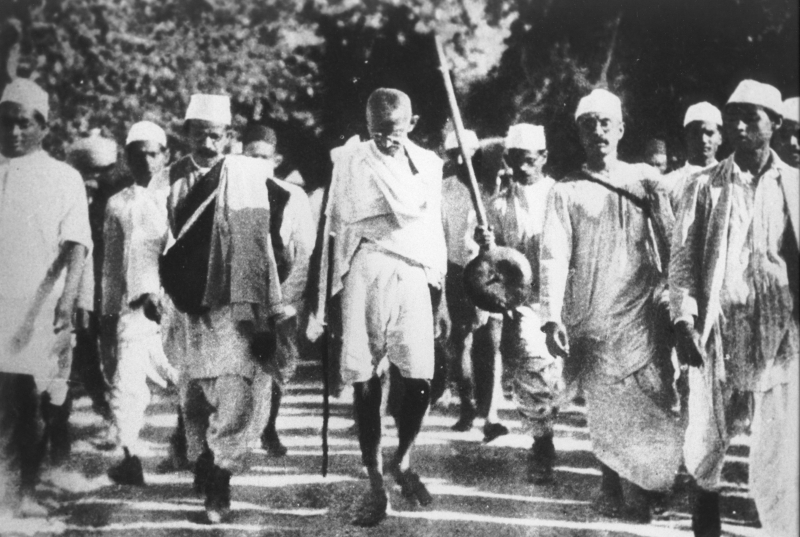He led the Salt March to demonstrate the power of Indian nonviolence
Gandhi was seen as a spent force and showed little interest in active politics in the middle of the 1920s. But in 1927, the British government established a constitutional reform commission led by eminent English jurist and politician Sir John Simon, which did not include a single Indian. The political tempo increased when Congress and other parties boycotted the commission. Gandhi proposed the important resolution at the Congress session (assembly) in Calcutta in December 1928, threatening a statewide nonviolent struggle for full independence unless the British government granted dominion status within a year. Gandhi was once again the Congress Party's premier orator going forward.
He began the Salt March in March 1930 as a sit-in to protest the British-imposed salt tariff, which disproportionately affected the community's most vulnerable members. More than 60,000 people were imprisoned in one of Gandhi's most impressive and effective nonviolent campaigns against the British Raj. Gandhi agreed to a truce (the Gandhi-Irwin Pact) a year later following discussions with the viceroy, Lord Irwin (later Lord Halifax), called off his campaign of civil disobedience and agreed to attend the Round Table Conference in London as the sole representative of the Indian National Congress.












